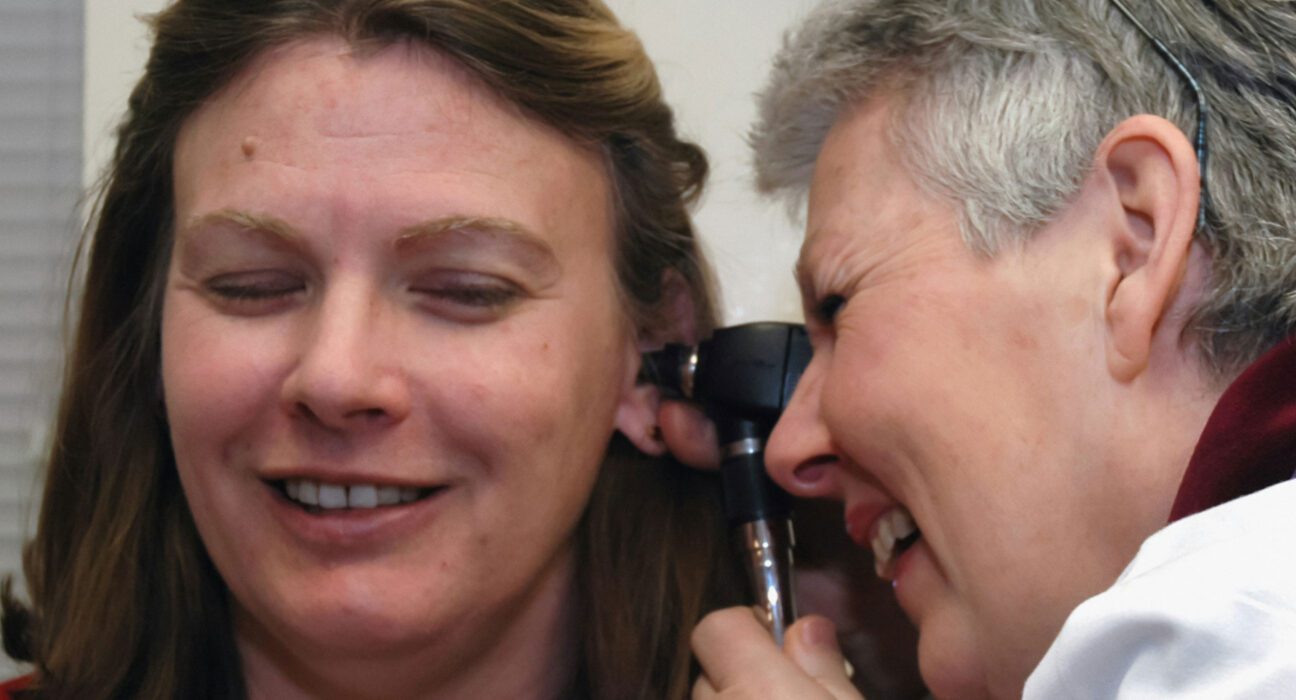Tinnitus. What is it?
What it is:
Tinnitus, characterized by the perception of noise or ringing in the ears without an external sound source, has emerged as a notable and persistent symptom in long COVID. Individuals experiencing tinnitus may endure ongoing auditory sensations that can vary in intensity and affect their daily functioning.
Typical Symptoms:
In long COVID, tinnitus presents as a subjective auditory sensation, such as ringing, buzzing, hissing, or humming in one or both ears. The sound may be constant or intermittent and can significantly impact concentration, sleep, and overall quality of life for those affected.
Who Gets It:
Tinnitus in long COVID can affect individuals of different ages and initial COVID-19 severity. The reasons for the persistence or exacerbation of tinnitus in the post-acute phase are not yet fully understood, emphasizing the need for ongoing research to unravel the complexities of this auditory symptom.
Key Points:
- Tinnitus, characterized by the perception of noise or ringing in the ears, is a notable and persistent symptom in long COVID.
- Symptoms may include ringing, buzzing, hissing, or humming sounds in one or both ears.
- Tinnitus can occur irrespective of the severity of initial COVID-19 symptoms.
- Ongoing research is crucial to understand the mechanisms behind persistent or exacerbated tinnitus in long COVID.
- Comprehensive management strategies, including sound therapy, cognitive behavioral therapy, and medication, are essential for addressing tinnitus-related symptoms during the post-acute phase.
The presence of tinnitus in long COVID underscores the enduring auditory impact of the virus, emphasizing the need for tailored interventions and continued research to address the complex and persistent challenges faced by individuals on the journey to recovery.
Long Covid The Answers
Relief:
Ways to Get Relief
- Medical Evaluation: Individuals experiencing symptoms of tinnitus in the context of long COVID should undergo thorough medical evaluation to confirm the diagnosis, assess for underlying contributing factors, and rule out other potential causes. This may involve otolaryngological examinations, audiological assessments, and imaging studies as warranted.
- Sound Therapy: Sound-based therapies such as white noise machines, masking devices, or customized sound generators can help mask the perception of tinnitus and provide relief from auditory sensations, particularly during periods of heightened symptom severity or distress.
- Cognitive Behavioral Therapy (CBT): CBT techniques tailored to address the emotional and cognitive aspects of tinnitus can help individuals develop coping strategies, reduce distress, and improve their overall quality of life.
- Lifestyle Modifications: Adopting lifestyle modifications such as stress management techniques, relaxation exercises, and maintaining a healthy sleep hygiene can help alleviate symptoms of tinnitus and promote overall well-being in individuals with long COVID.
Credible Sources of Information:
Coming Soon


